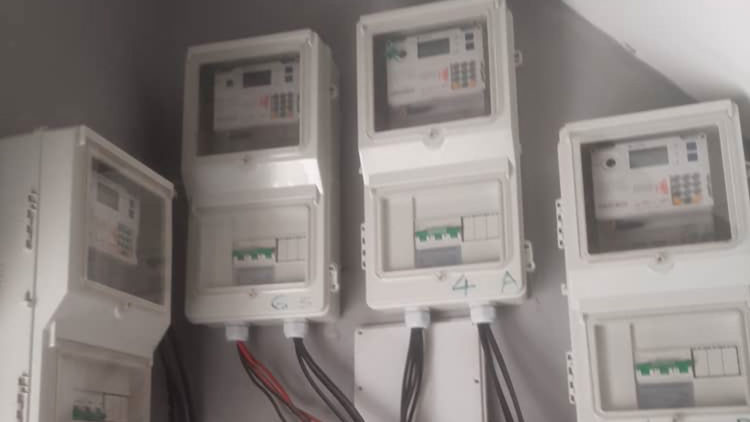The Nigerian Electricity Regulatory Commission (NERC) has ignited a firestorm of controversy with its recent decision to increase the prices of prepaid electricity meters, leaving stakeholders fuming.
Since the announcement, consumers and critical stakeholders have voiced their vehement opposition to the hike, raising valid concerns.
One major point of contention revolves around the pre-privatisation Service Level Agreement (SLA) in which Electricity Distribution Companies (DisCos) pledged to attract foreign investors to the metering sector.
NERC’s ‘order,’ signed by Chairman Mr. Sanusi Garba and Commissioner Mr. Dafe Akpeneye, reveals that a single-phase prepaid meter will now cost N81,975.16, up from N58,661.69, while three-phase prepaid meters will be priced at N143,836.10, up from N109,684.36.
The commission cites significant macroeconomic changes, such as inflation and foreign exchange rate fluctuations, as the driving force behind the rate adjustments.
It emphasizes that the approved prices do not include the 7.5 percent Value Added Tax (VAT).
NERC asserts that the new pricing structure aims to strike a balance, ensuring fairness and reasonability for both Meter Assets Programme (MAP) providers and end-use customers.
Their goal is to enable MAPs to recover reasonable procurement and maintenance costs while delivering a viable return on investment and preventing excessive pricing that could burden consumers.
Critics argue that NERC has failed to devise a mechanism for customers to recover meter procurement costs through token recharge, a practice common in other countries where meter prices remain below $300 or approximately N24,000.
Furthermore, the price increase, which represents a 40 percent jump for single-phase and three-phase prepaid meters, aligns with the pleas of meter importers and assembling plants.
They contend that rising forex rates, increased customs duties, currency devaluation, and various government charges have driven up production costs.
Stakeholders argue that DisCos, as part of their obligations, should bear the burden of providing meters since they are essential tools for measuring energy usage and cost recovery. Despite tariff increases incorporating meter recovery components, customers have not seen refunds.
In response, the President of the Nigeria Consumer Protection Network, Kunle Kola Olubiyo, calls for stricter calibration standards for electricity meters and emphasizes that the responsibility for calibration should rest with the Standard Organisation of Nigeria, not meter assemblers or importers.
Olubiyo stresses the need for firm commitments and frameworks to ensure refunds for meter procurement by third parties and end-users, considering the financial constraints many Nigerians face.
MOJEC International Holdings, a prominent player in the power and energy sectors, defends the price hike, citing logistical challenges in importing meter components and the need for smarter meters to ensure revenue assurance and accurate billing.
Ms. Chantelle Abdul, the Managing Director and Chief Executive of MOJEC, emphasizes that the new prices are crucial for the industry’s survival and job retention, especially in the face of a rising dollar and increased inflation.
The contentious meter price hike has sparked a heated debate, highlighting the complexities of balancing the interests of consumers, regulators, and industry players in Nigeria’s electricity sector.
Do you want to share a story with us? Do you want to advertise with us? Do you need publicity for a product, service, or event? Contact us on WhatsApp +2348183319097 Email: platformtimes@gmail.com
We are committed to impactful investigative journalism for human interest and social justice. Your donation will help us tell more stories. Kindly donate any amount HERE




